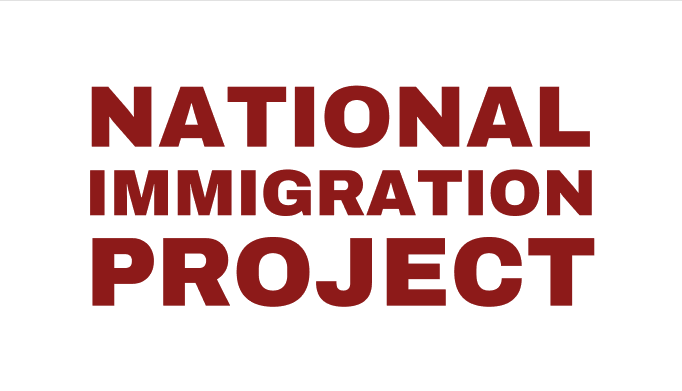The laws used to criminally prosecute people for entering and reentering the United States without permission are known as Sections 1325 ("illegal entry") and 1326 ("illegal reentry") of Chapter 8 of the U.S. Code. For decades, these laws have been used to advance racist, anti-immigrant policy goals.
8 U.S.C. §§ 1325 and 1326 were passed in the late 1920s during the height of the eugenics movement to further racist and white supremacist ideology, and the racist intentions of the laws are still felt today. Justice Department data shows how prosecutions for unauthorized reentry disparately impact Mexican and Latinx individuals: roughly 94 percent of people prosecuted for unauthorized reentry in fiscal years 2020-21 were from Mexico, Honduras, Guatemala, and El Salvador.
While the Trump administration weaponized these laws to new heights — using them to block asylum seekers and separate families — such laws have been used in discriminatory manner since their enactment and continue to cause harm today under the Biden administration. Ending §§ 1325 and 1326 prosecutions is essential to ending systemic injustices, reducing mass incarceration, keeping families together, and protecting fundamental human rights.
Prosecutions for entry and reentry violations bring together the civil and criminal immigration legal systems in ways that exacerbate racial and ethnic discrimination. While immigration violations are considered civil offenses, §§ 1325 and 1326 are misdemeanor and felony violations, respectively, in the criminal context. Under federal law, people who enter or reenter the United States without authorization are subject not only to civil immigration detention and deportation proceedings but also to criminal sanctions. In other words, after being charged with § 1326, for example, an individual with prior convictions could be put in federal prison for up to a 20-year sentence. After completing their sentence, these individuals are often picked up by ICE, and subsequently deported for the same crime.
In recent years, people charged with §§ 1325 and 1326 have been challenging the law based on the fact Congress enacted it for overtly racist purposes. Last year, in a landmark decision, a judge in the District of Nevada ruled that § 1326 is indeed unconstitutional. However, the government appealed this decision.
In 2022, our attorneys filed eight friend-of-thecourt briefs in seven court of appeals cases that highlight the harm these laws have on families and communities.
Rooted in Racism
Rooted in Racism: The Human Impact of Migrant Prosecutions highlights trends and stories of people prosecuted for unauthorized entry or reentry under 8 U.S.C. § 1325 and § 1326, and the implementation and enforcement practices of Customs and Border Protection (CBP), Immigration and Customs Enforcement (ICE), and the federal courts. The stories are based on a survey of legal practitioners and community advocates that the National Immigration Project conducted in July 2021. They demonstrate the extreme inhumanity of these laws, and the pressing need to repeal them.

